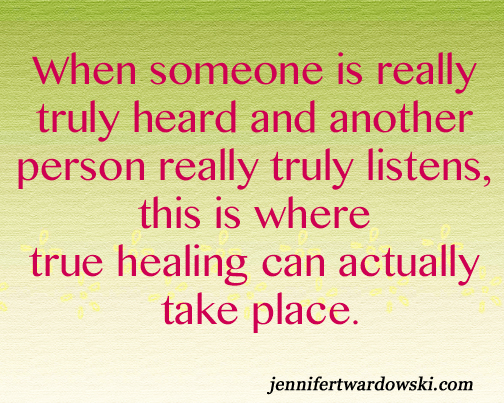4 Steps to Diffuse an
Argument Before It Even
Starts
A
few weeks ago on a Friday evening I wasn't feeling the greatest. I
was really busy, stressed, and, to top all that off, sick with a head
cold.
That
evening, my boyfriend and I had gone out to get some takeout. During
the trip I began sharing some of my recent thoughts and frustrations.
One thing led to another and pretty soon I found him getting angry
and us nearly getting into a full-fledged argument.
The
key here is that I said nearly got
into an argument. It was weird because we didn't really end up
actually arguing. Him getting a bit angry was as far as things went.
In fact, things diffused so quickly that by the time we got home we
were hugging and exchanging "I love yous."
How
did I do it? Well here are steps to follow to help you diffuse any
argument before it actually starts:
Step
1: Remain calm.
Whenever
the conversation starts to get a bit heated and different views and
opinions are conflicting, we tend to get very angry. As a result, we
can end up saying things that we didn't really want to say or saying
things that we later regret. When this happens, we are caught up in
our ego (aka our fear-based mind) rather than our true love-based
selves.
When
in this ego-driven mode of being, we can tend to really hurt other
people and, most importantly, ourselves. So one way to get out of our
fixation on our ego is to get calm. Bring your focus back to your
body and to your breath. Take deep breaths and check-in on how your
feel in your body and overall being -- both physically and
emotionally.
Simply
making the effort to get and be calm alone can be an incredibly
powerful tool, as it prevents us from saying anything that we don't
really mean or anything that we will regret later on.
Step
2: Let go of need to be "right" or heard.
The
second thing that we often do when we find ourselves getting into an
argument is that we experience this strong need to be heard and to be
"right." This need to be "right" is also an
ego-driven response.
Though
seems completely contradictory, the reality is that when we let go of
the desire to be "right," it gives us more strength and
power.
So
let go of any drive or desire to be heard or right in the argument
and allow things to simply be as it is. To simply let it be, is to
choose love rather than fear.
Step
3: Listen.
Whenever
there is some kind of conflict or problem, many of us start feeling
like we need to say something in order to make things better.
However, I must say that the older and older I get the more I realize
that the opposite is
true.
Let
me be clear: We don't always need to verbally talk about things to
"clear the air" and make things better. Many times, all
that needs to happen is for someone to really truly listen. When
someone is really truly heard and another person really truly
listens, this is where true healing can actually take place.
But
Jen, whenever I do that I feel like a doormat! Oh
trust me -- I totally feel you there! That was like the story of my
life for several years, but here's the thing: We will only feel like
a doormat when our underlying motivation is fear rather than love. We
will never feel like a doormat whenever we are in a place of inner
strength and love.
So
if you ever do feel like a "doormat" then sit back and ask
yourself: Am I calm? Have I fully let go of a need to be "right"?
If not, then take the time to do so.
It
is when we truly wish
to serve that we come from a place of absolute inner strength and
love. It is in those moments when we have truly disengaged from our
ego and have chosen love instead.
Step
4: Wait patiently.
Once
you have made the conscious decision for yourself in the previous
steps to choose love over fear, now the only thing left to do is
wait. Simply allow things to be and allow the other person to process
whatever they need to process.
During
this time continue to hold this space of love and strength for
yourself. Also, if you did happen
to say some words that you regret in anyway, then you may feel that
now is a good time to apologize.
Remember
to be open and receptive. Don't necessarily expect an apology or a
reconciliation right away, as that will take you out of a place of
love and back into ego. But simply remember to be open and ready to
receive so that if it does happen naturally then you are ready to
receive it.
Take
action now!
Think
of an argument that you have been in recently. How have these steps
may have changed the outcome? Is there any step that you feel may be
more difficult for you to do rather than the others? How will you
handle your next potential argument?
JenniferTwardowski.com

No comments:
Post a Comment